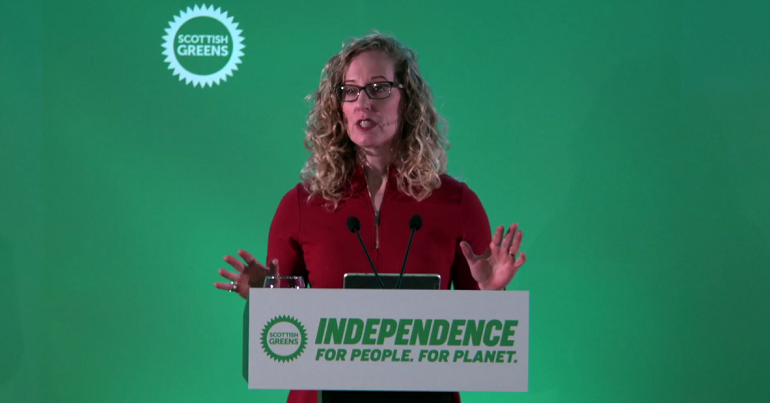On the Coalition’s Plans for Welfare Reform
We don’t know all the details of IDS’s plans on welfare reform yet, but Fraser Nelson in The Spectator has a few details. It looks likely the plans will roll out gradually, perhaps over two parliaments, to reduce up front costs and grandfather the old system. It’s reported that no-one should be worse off from these changes; as they switch to the universal credit system, they’ll get a top up to ensure they receive at least what they had before, but once their circumstances change, they’ll switch to just the new system. That system itself hasn’t been fully described, but sounds very like that recently suggested by the taxpayers’ alliance (which I blogged on before). That, to be fair, had its good points as well as its bad and, as ever, the devil is in the detail. As Greens, we’ve long supported a move to a universal credit of sorts, a citizens income. The Tories’ plan differs most significantly by tapering the credit as your income increases rather than offering the payment universally as a basic right of citizenship. But even a flawed proposal can be an improvement. Marginal rates of taxation can be as high as 95% when moving off benefits and into work. That’s not just de-incentivising work, it’s unfair. The highest marginal rates get for high earners is 51% (50% income tax plus 1% NI). It can’t be right that marginal rates can be higher for those with the very lowest incomes than those with the very highest. That’s the very definition of regressive.
Of course, that’s not all the Tories want to change. David Cameron suggested on Andrew Marr’s show yesterday that universal benefits, such as child benefit and the winter fuel allowance, may have to be cut or targeted to balance the costs of the switch. Here, the proposals are unambiguously reactionary. Universal benefits are cheaper, are simpler and are better taken up; all reasons for a citizens income, in fact. They’re also more likely to be supported by the middle class. People are much happier to pay for benefits they also receive than for something that only goes to the poorest. You feel part of something, you see cuts as an attack, not just on others but on yourself. Universal benefits, like universal services build a sense of community. It would be much harder to defend the NHS if everyone who could afford it had private coverage.
But, more than these specific proposals, there’s a confusion in the messages being sent out by the Tories on welfare. On one hand we’re told people want to work but it’s not worth their while while; on the other we hear that welfare is a lifestyle choice and we need to clamp down on scroungers.
The idea that people want to live on benefits is just wrong. No-one lives a life of luxury on benefits; people have to scrimp and save just to get by; unlike the bankers now making huge profits once again, but reforming finance doesn’t seem at pressing as reforming welfare.
Further, if welfare really does cost too much, the best way to reduce costs is to get people back into work. And the best way to get people back into work is to create jobs, to invest in manufacturing, in apprenticeships, to hire more public sector staff not fewer. The coalition’s programme of cuts in public services, of cancelling loans to businesses, of cutting research and education can only lead to higher unemployment. If we don’t want a return to workhouses we need to support people out of work, we need to give them the dignity and the opportunity to re-skill if they need to and to help them back into work. We cannot punish them if the government and the city ruin our economy and force them out of employment.
The Lib Dems may hope that they can turn “welfare into an area of strength rather than embarrassment” with their support for IDS’s plans but if reforms leave too many worse off, it they are cover for other cuts or if unemployment remains high while reforms take years to appear they may live to regret that support.



I’m not sure why but this blog is loading very slow for me. Is anyone else having this issue or is it a issue on my end? I’ll check back later and see if the problem still exists.
My thoughts on the Coalitions Child Benefit policy.
http://haringeygreens.blogspot.com/2010/10/end-of-universal-welfare-state.html
Mike
In times of austerity surely it is better to cut Child Benefit for the people earning over £44k (£80k for couples) than cut Child Benefit for everyone -rich and poor -as the FF/Green Party coalition has done in Ireland.
It’s all very well to say that we shoud hire more public sector workers, not fewer, but that doesn’t lead to better public services. Too many employees breeds inefficient, unreactive organisations that exist to keep themselves going, not to serve the public.